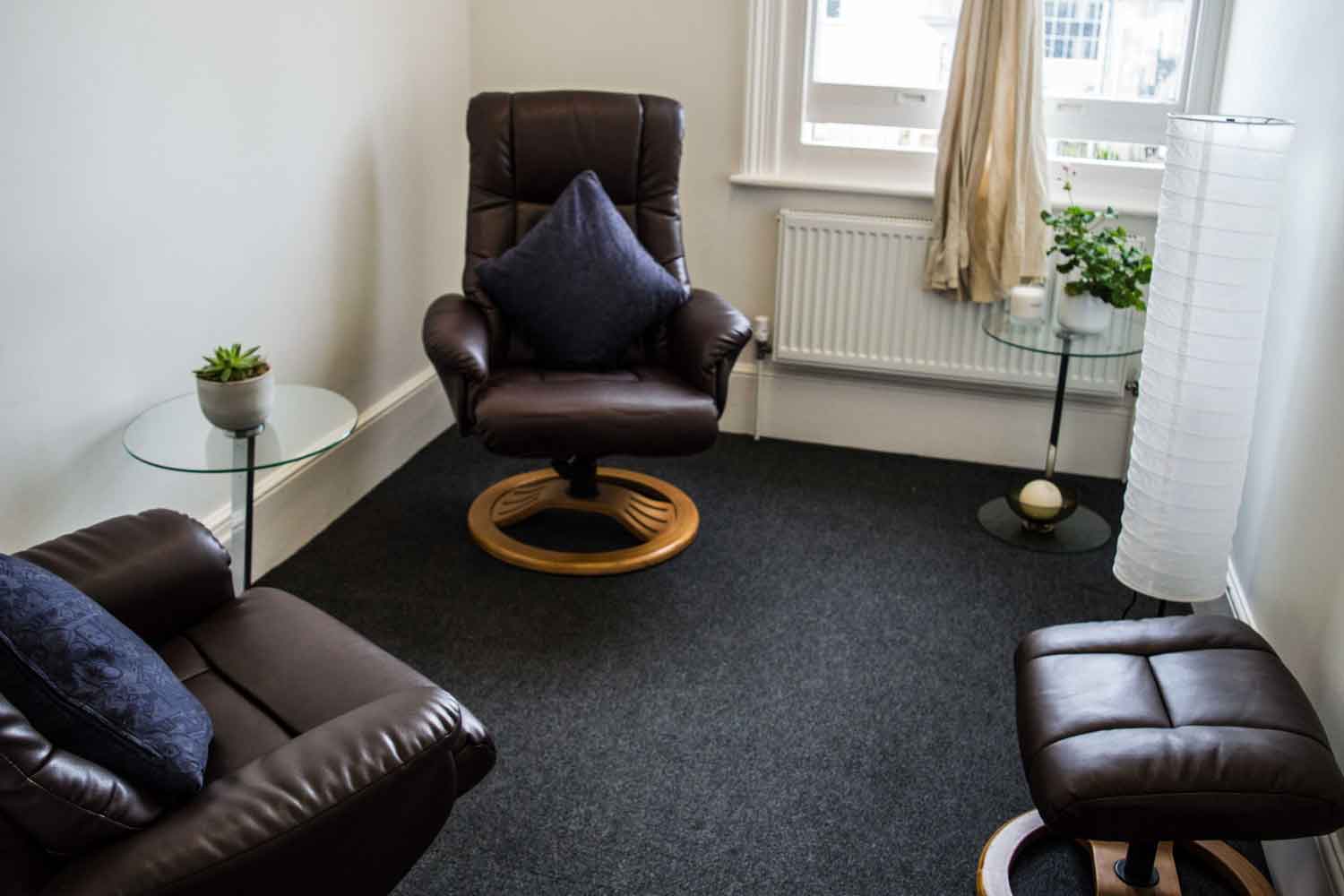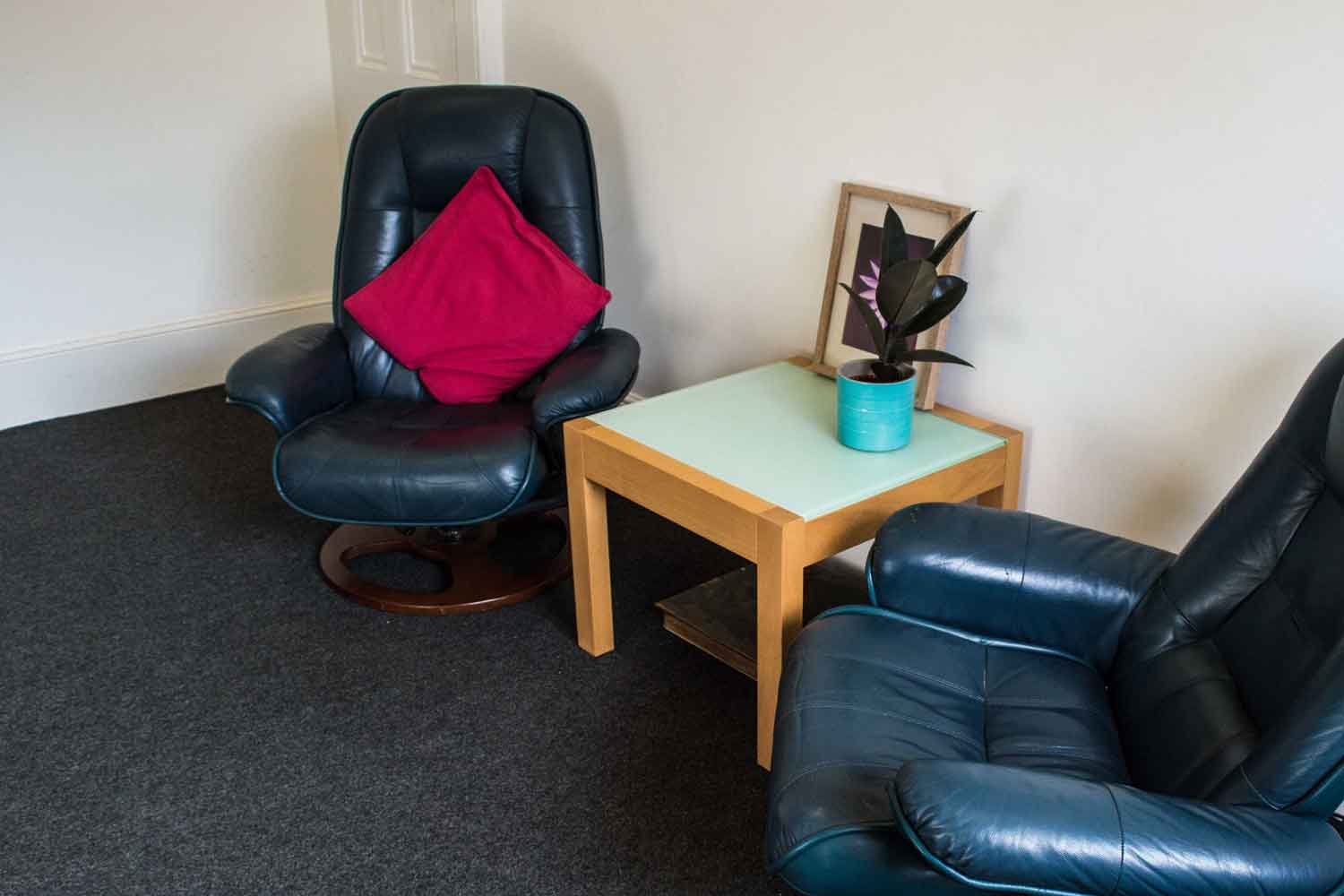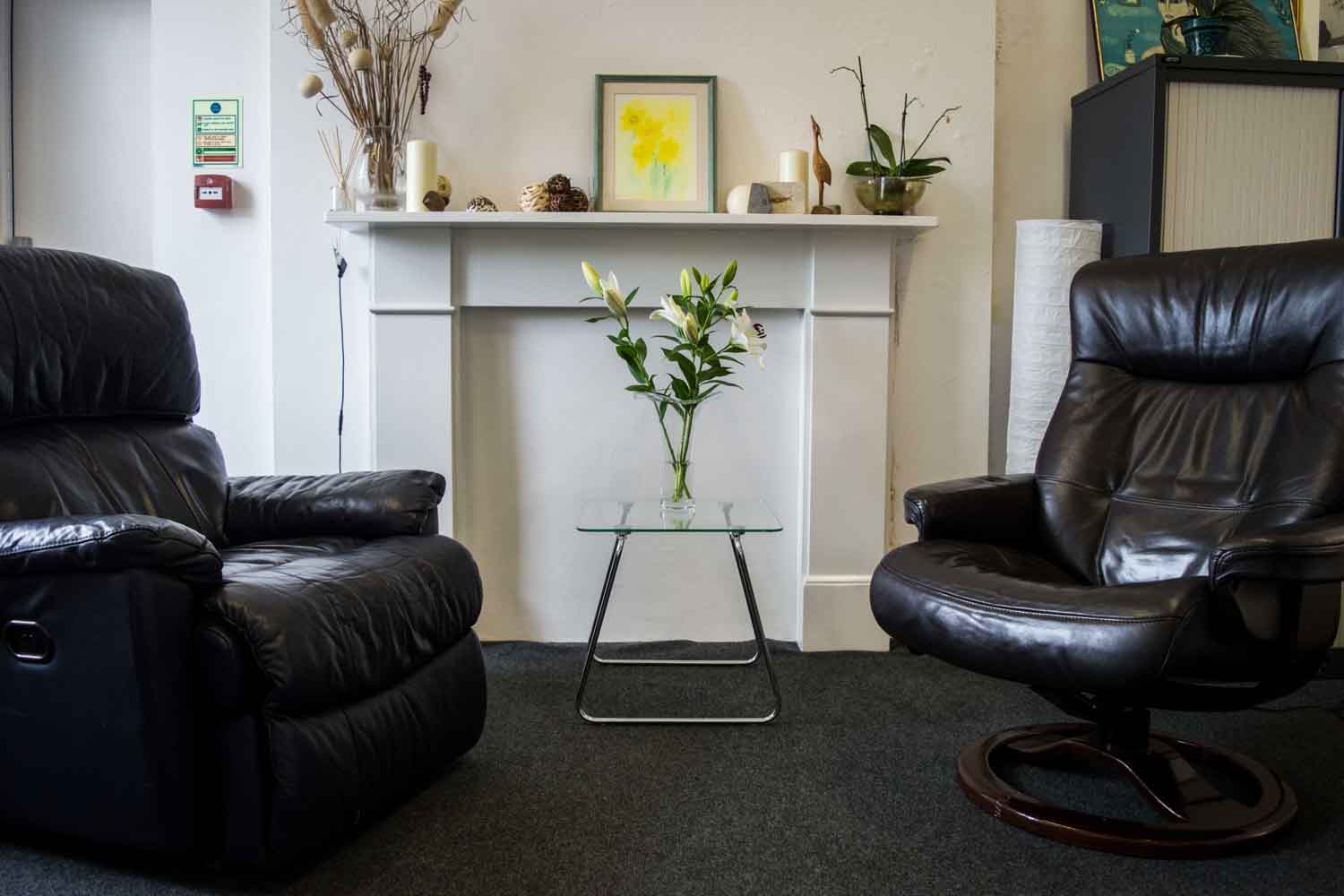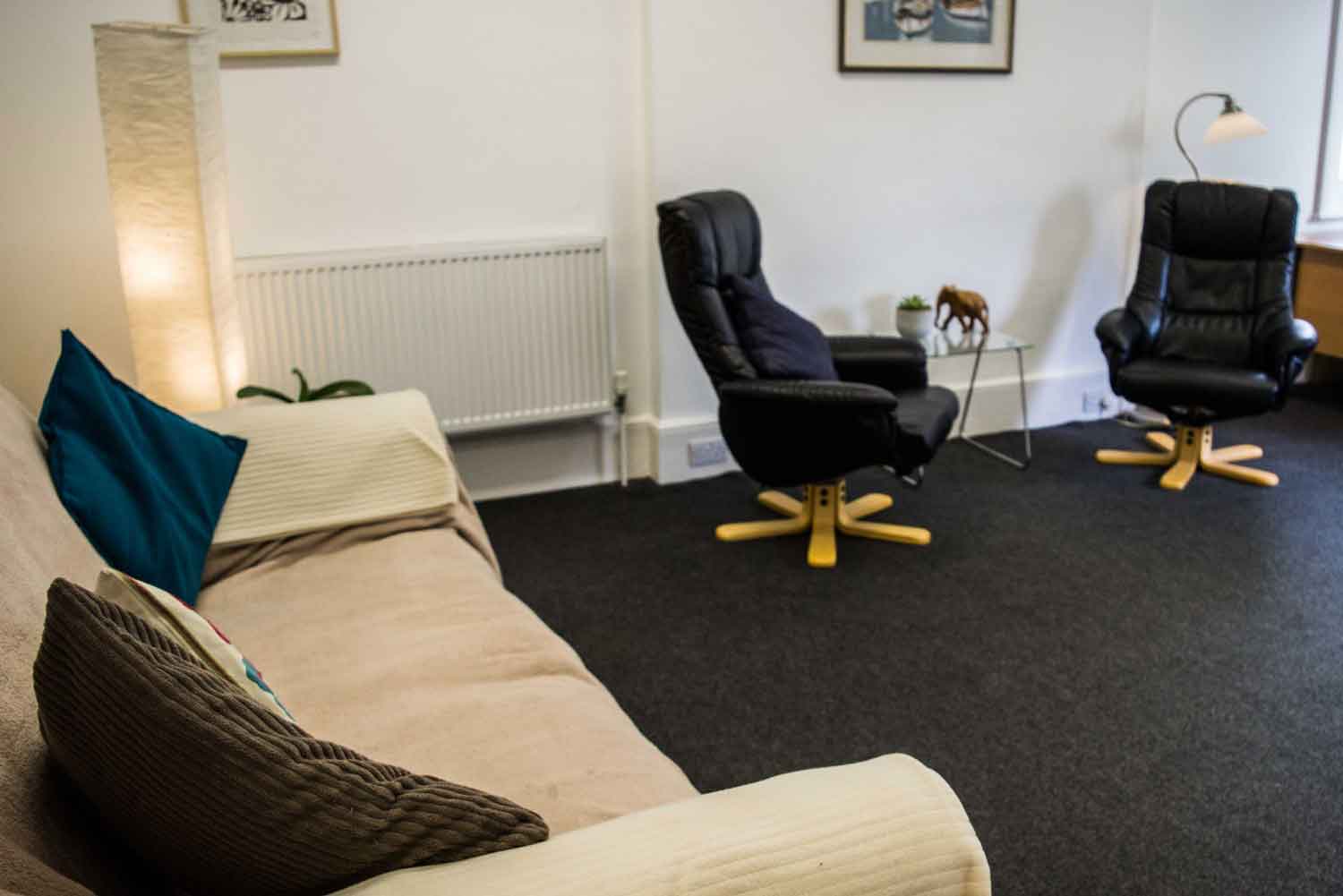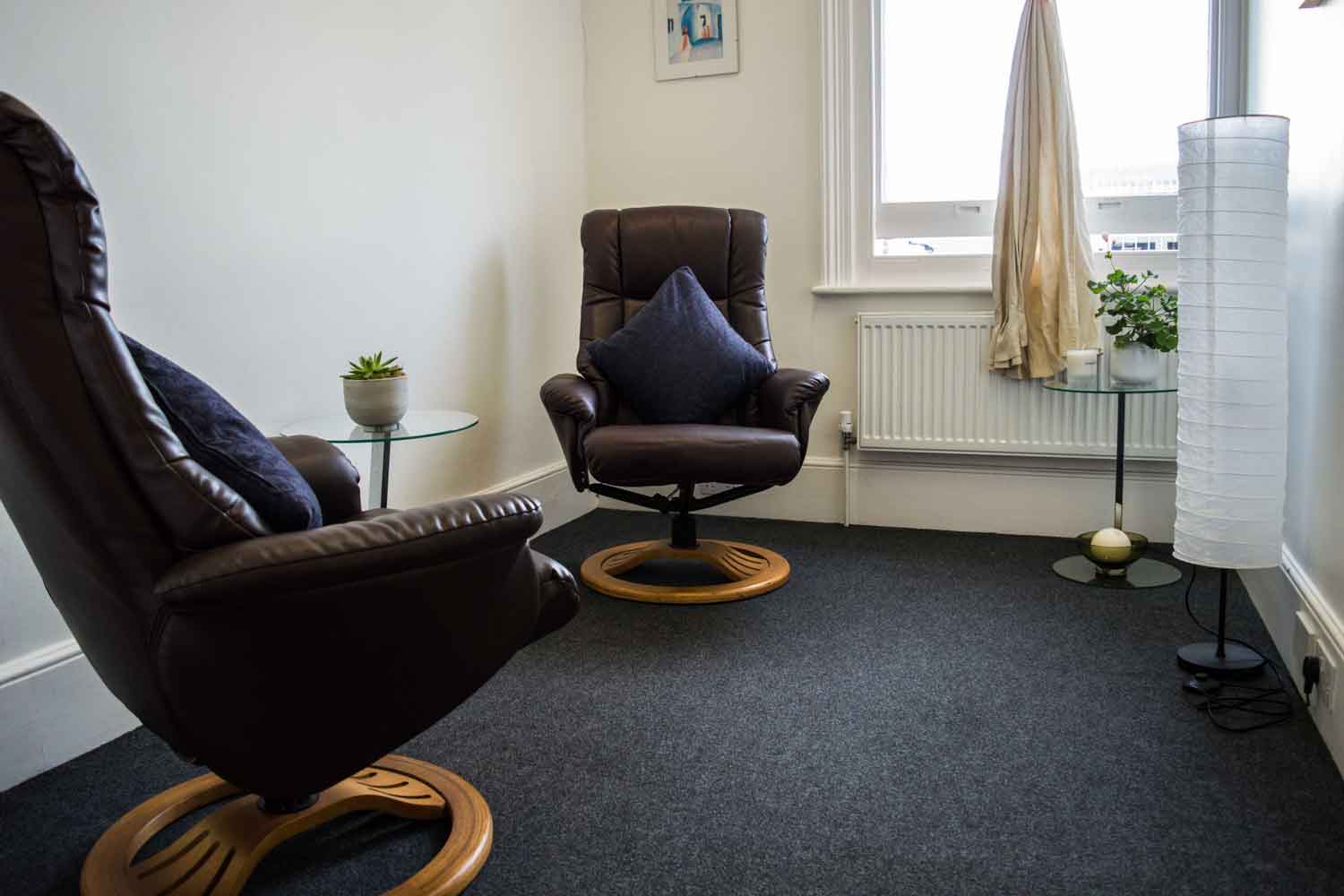If you are having difficulties with your sleep then we are here to help. The consequences of insomnia – from mild to severe – can have knock-on effects in other areas of life, making it hard to concentrate and to function. This in turn can make it harder to sleep given that the anxiety experienced about not getting enough sleep can exacerbate the original problem.
Insomnia can refer to:
- Difficulties in getting to sleep;
- Lying awake for long stretches of time;
- Regularly waking up throughout the night;
- Not being able to fall asleep until very late or waking up very early in the morning.
This can have many consequences including:
- Not feeling refreshed when you wake up or feeling tired throughout the day;
- Feeling anxious about getting to sleep, even though you feel tired;
- Feeling like your body is exhausted but your mind is buzzing;
- Feeling irritable throughout the day;
- Finding it difficult to concentrate.
Stress is one of the main factors affecting sleep and at particularly stressful times in our lives we can be affected by insomnia which may in turn exacerbate stress levels when we are not getting enough quality sleep. For some people these difficulties can be intermittent and pass with a little time. For others, these problems can be more chronic lasting for months and even years.
At Psychology Sussex, we have practitioners who are experienced in working with clients who are experiencing mild to severe insomnia and we offer evidence-based interventions to help you improve your sleep. Working holistically with clients we will explore the difficulties with you in order to identify the possible causes or exacerbating factors contributing to your insomnia and work alongside you to bring about effective change.
Whether or not you have already tried a psychological intervention for insomnia – such as Cognitive behavioural therapy (CBT) or Hypnosis – we would encourage you to contact the team at Psychology Sussex now to discuss how we can help you.

